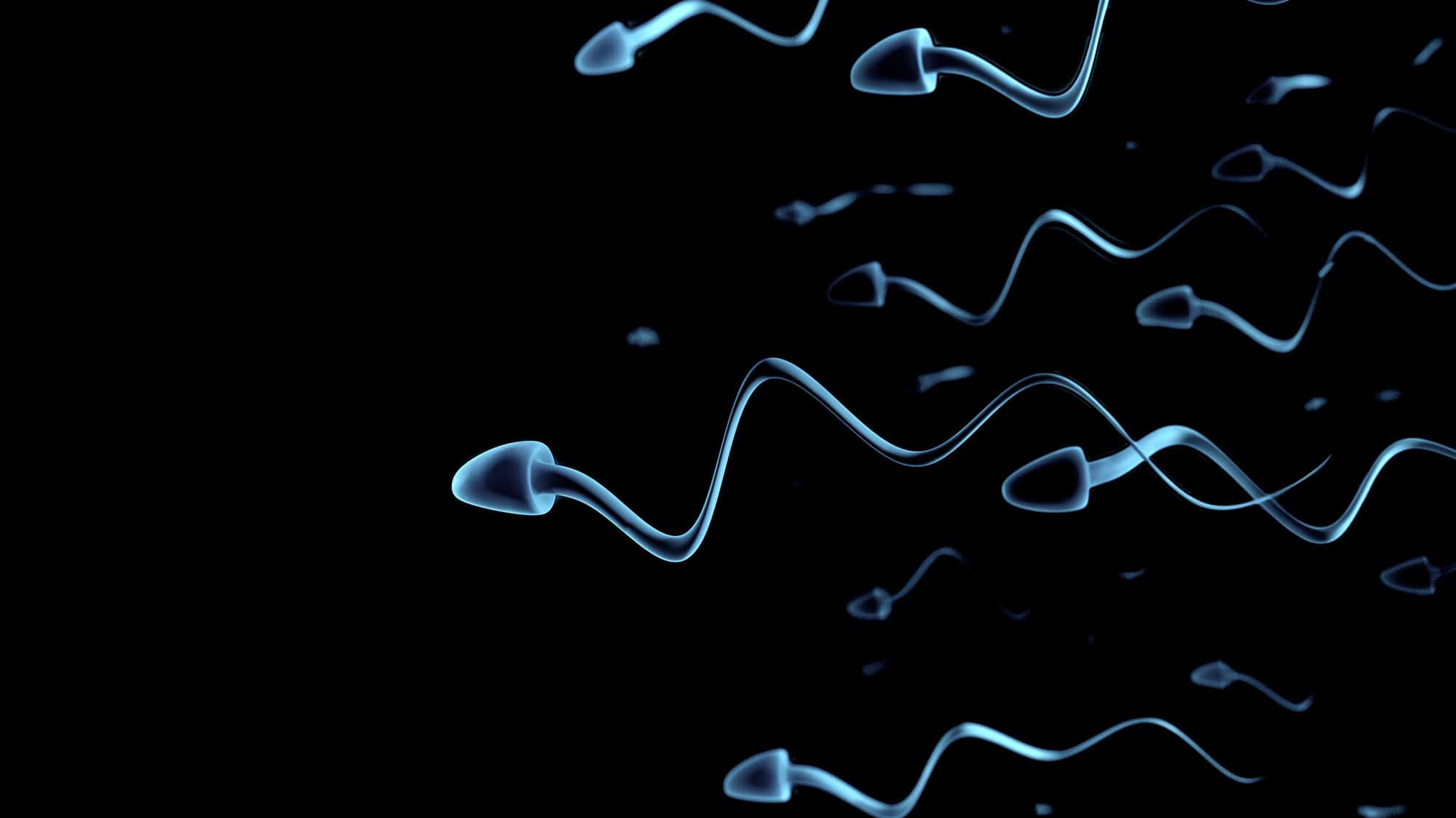
DNA damage in sperm and heat exposure
Scientists have managed to identify the molecular mechanisms involved with DNA damage and how this impacts the quality of your sperm.

Scientists have managed to identify the molecular mechanisms involved with DNA damage and how this impacts the quality of your sperm.

While food and alcohol can cause damage to sperm, it’s possibly that nuts may actually do the opposite.
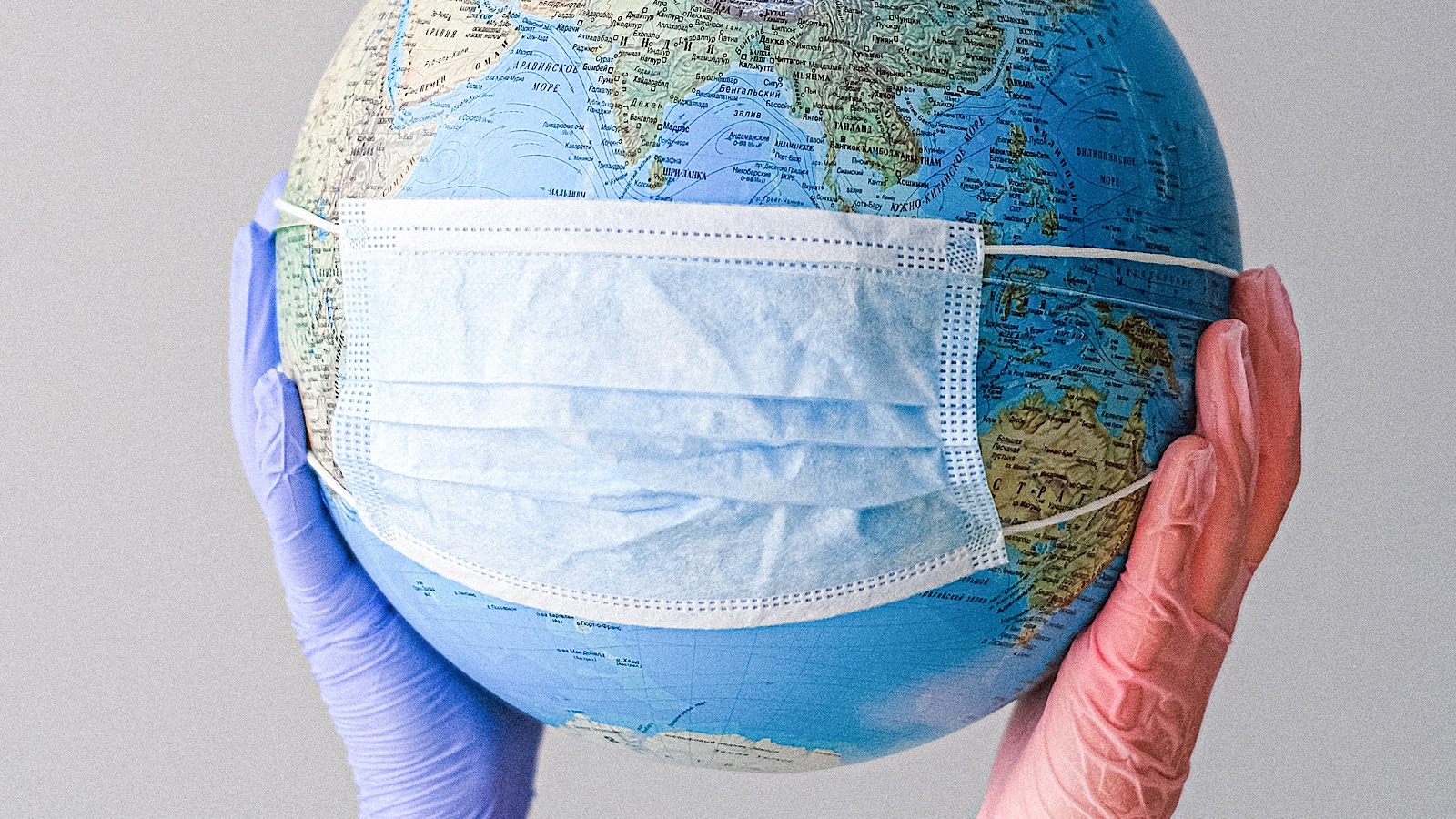
Recent studies show that the benefits of having sufficient levels of vitamin D don’t simply stop at fertility.
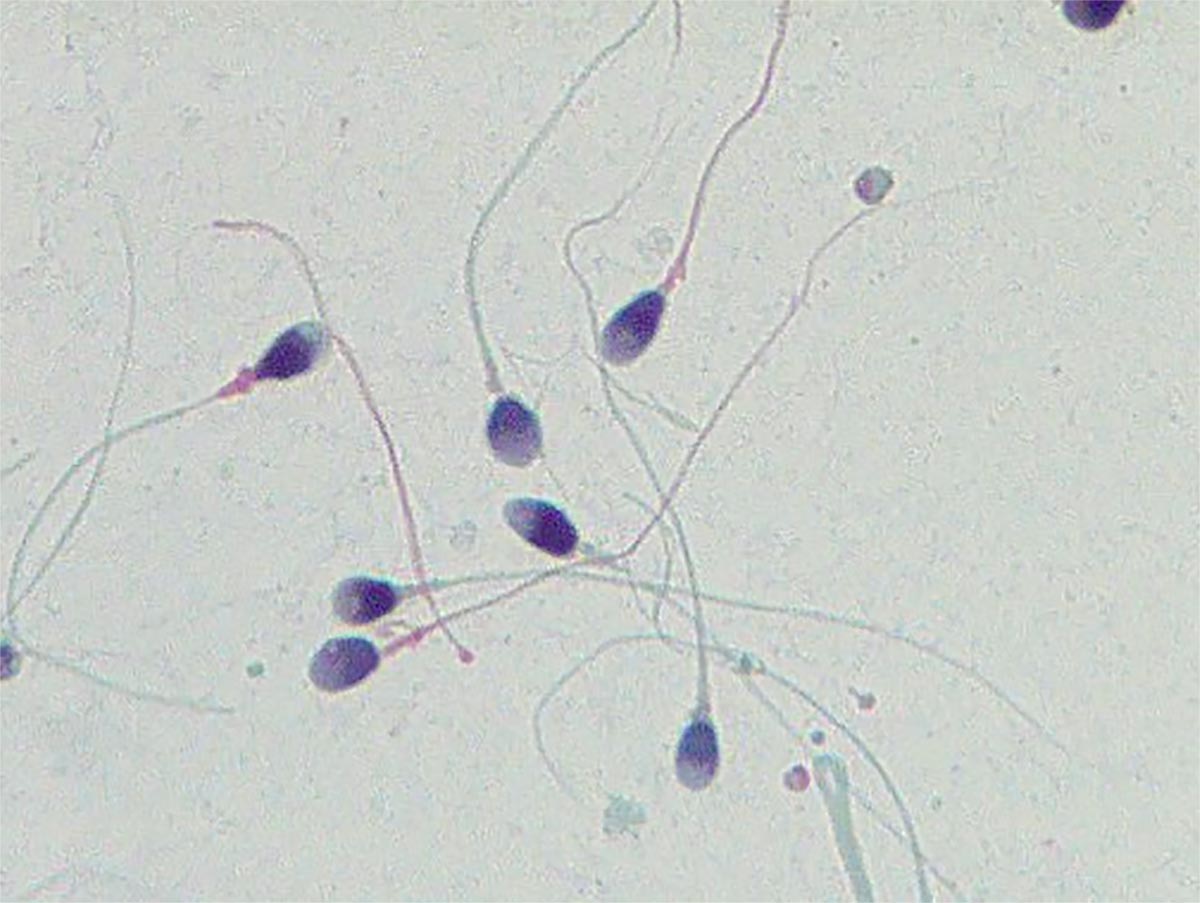
New research has helped us learn that various chemicals that occur naturally in the female reproductive tract may actually improve or impair

Much like how Mother’s Day can be especially hard on women facing infertility, so too can Father’s Day be hard for men.
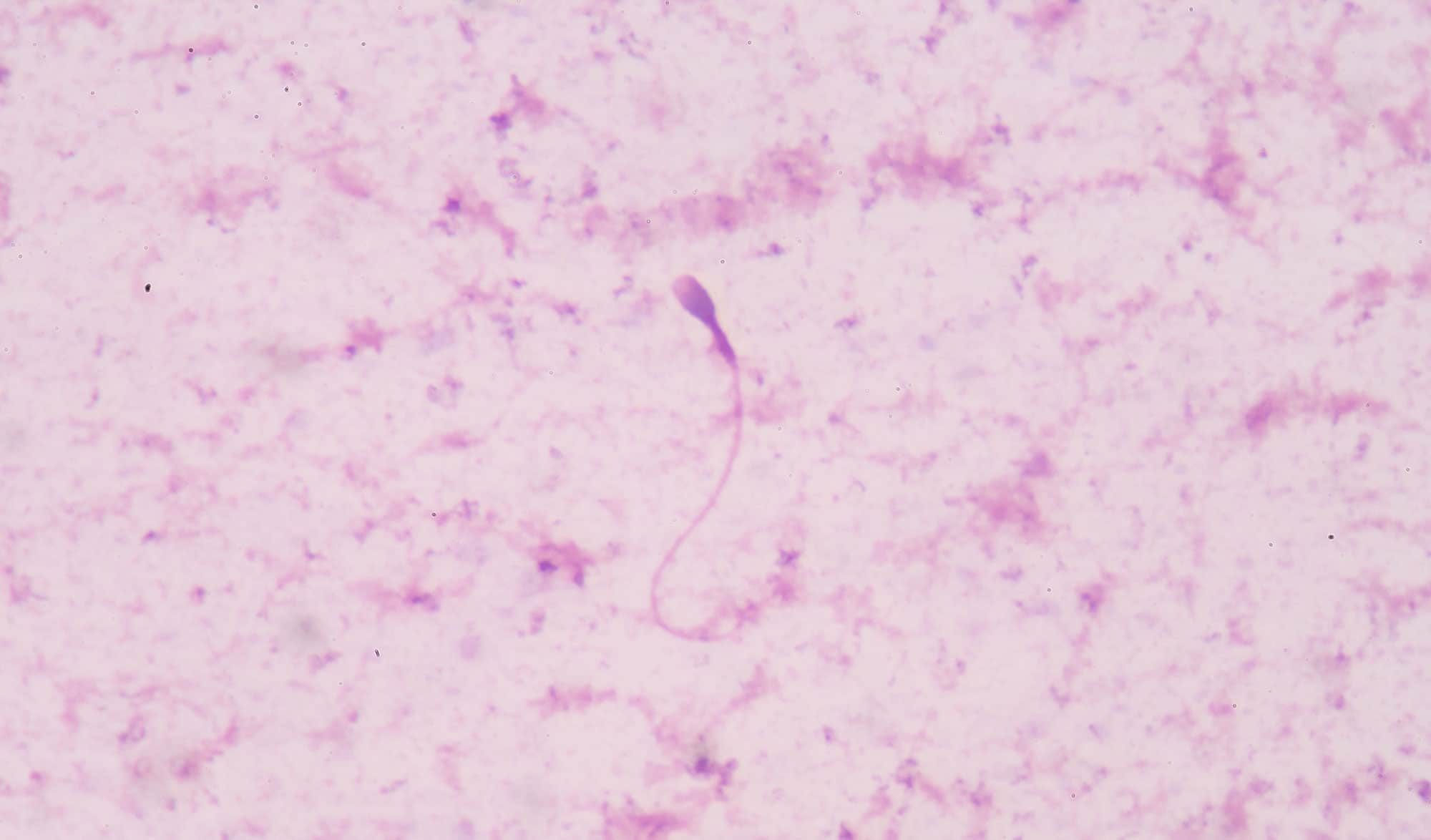
Sperm plays a vital role in the fertilisation of almost every living organism, but now research reveals how they swim, and it’s

While some clinics have adopted frozen embryo transfers in the belief it improves pregnancy outcomes, research shows that’s not the case.

Vitamin D already plays an important role in fertility, but it could also hold promise with COVID-19.
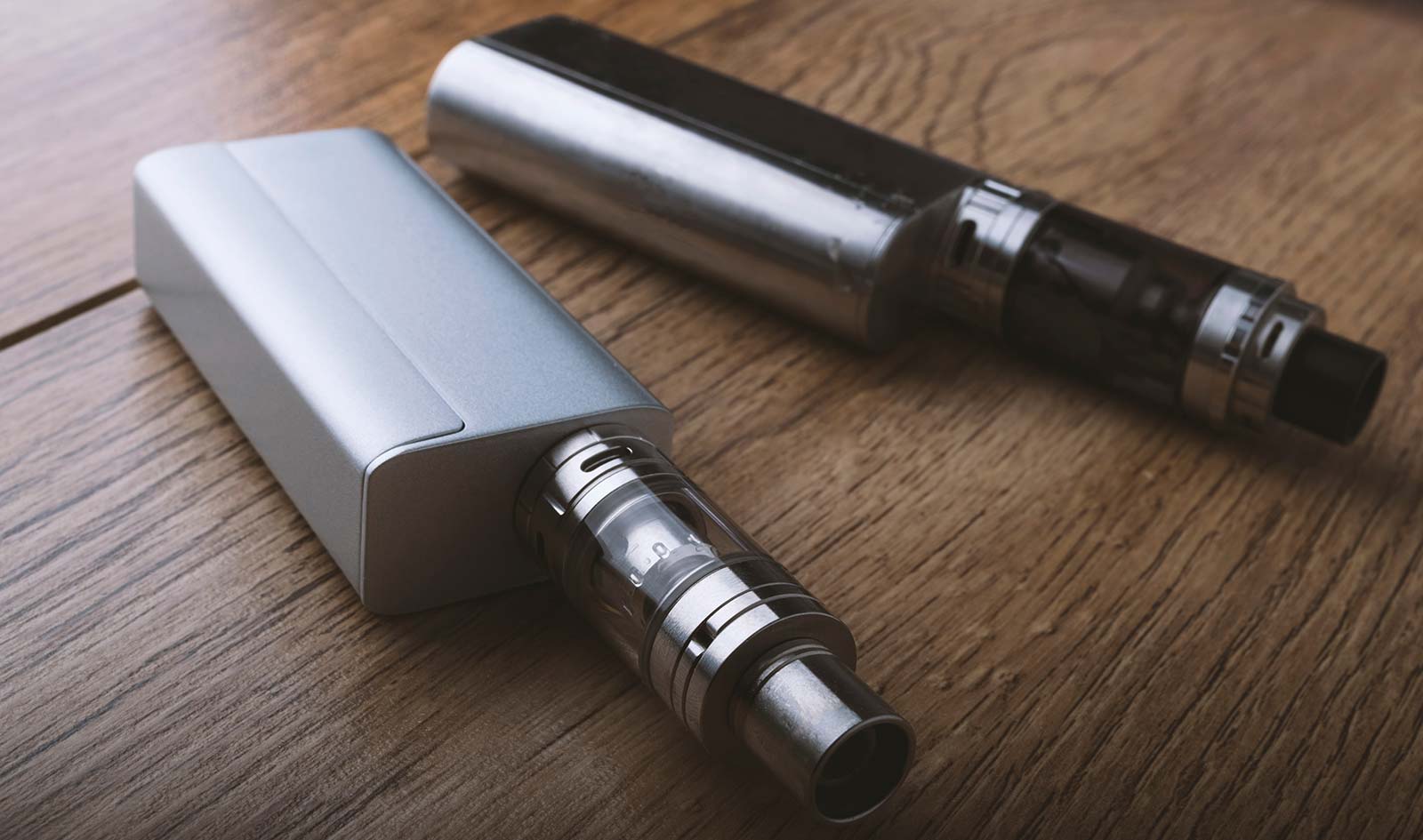
A new study released from the University of Copenhagen has identified a troubling link between the use of e-cigarettes and reduced semen
Every story written here comes from Fertility First's Research Team, a group of scientists that doesn't just talk about the science behind fertility and reproduction, it lives and breathes it. Staffed by the doctors and scientists working behind the scenes at Fertility First, this team of dedicated embryologists, andrologists, and fertility experts collectively has over 40 years experience in the field.
Yes, chronic stress can impact fertility by disrupting hormonal balance and ovulation patterns. Managing stress through relaxation techniques, regular exercise, adequate sleep, and mindfulness practices may help optimise your chances of conception. Consider speaking with a counsellor if stress feels overwhelming.
Sperm health accounts for about 40% of conception challenges. Your partner can improve sperm health by maintaining a healthy weight, avoiding excessive heat exposure (hot tubs, saunas, tight clothing), limiting alcohol, quitting smoking, managing stress, and taking a multivitamin with antioxidants. Sperm takes about 3 months to develop, so lifestyle changes need time to show results.
Your fertile window typically spans 5-6 days, ending on ovulation day. For a regular 28-day cycle, this usually falls between days 10-15, with peak fertility 1-2 days before ovulation. Track your cycle using ovulation predictor kits, basal body temperature, or cervical mucus changes to identify your unique pattern. Having intercourse every 1-2 days during this window optimises your chances.